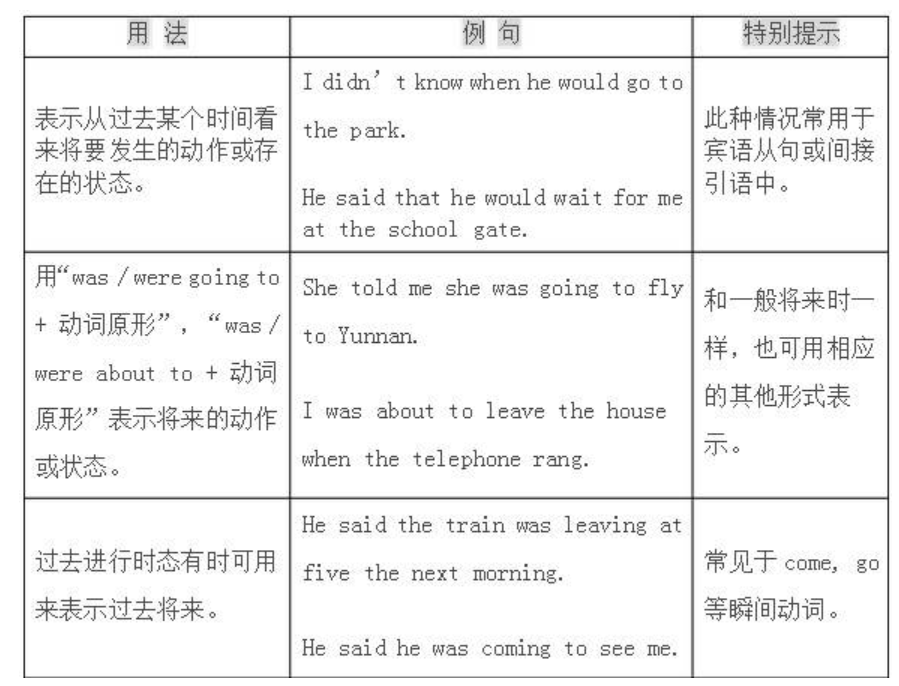╩ūĒō(y©©)
ļSĢr(sh©¬)å¢(w©©n)
ļSĢr(sh©¬)ĮŌ┤
ł¾(b©żo)┐╝
éõ┐╝
Ė▀ųą
Ņ}Äņ(k©┤)
ų¬ūR(sh©¬)³c(di©Żn)
šZ(y©│)╬─
öĄ(sh©┤)īW(xu©”)
ėóšZ(y©│)
╬’└Ē
╗»īW(xu©”)
│§ę╗
│§Č■
│§╚²
2024ųą┐╝
ĪĪĪĪĪĪ ĪĪĪĪ
- įćŅ}═Ų╦]Ż║ ųą┐╝šµŅ} ųą┐╝ę╗─Ż ųą┐╝Č■─Ż ē║▌SŅ} Å═(f©┤)┴Ģ(x©¬)Ņ} ŅA(y©┤)£y(c©©)Ņ} ─ŻöMŅ}
- īW(xu©”)┐ŲŻ║ šZ(y©│)╬─ öĄ(sh©┤)īW(xu©”) ėóšZ(y©│) ╬’└Ē ╗»īW(xu©”) Ė³ČÓ
- ─Ļ╝ē(j©¬)Ż║ │§ę╗ │§Č■ │§╚²
ĪĪĪĪĪĪ ĪĪĪĪ
- 2024ųą┐╝šµŅ}┤░Ė 2024ųą┐╝ū„╬─Ņ}─┐ ųą┐╝ØMĘųū„╬─ įćŅ}Ż║ŅA(y©┤)£y(c©©)Ņ} ē║▌SŅ} ─ŻöMŅ}
- ųĖī¦(d©Żo)Ż║Ė▀ĘųĮø(j©®ng)“×(y©żn) ųą┐╝╝ęķL(zh©Żng) ųą┐╝ū„╬─ ’ŗ╩│ą─└Ē
- ┐╝³c(di©Żn)Ż║šZ(y©│)╬─ öĄ(sh©┤)īW(xu©”) ėóšZ(y©│) ╬’└Ē ╗»īW(xu©”)
ĪĪĪĪĪĪ ĪĪĪĪ
ĪĪĪĪĪĪ ĪĪĪĪ
ĪĪĪĪĪĪ ĪĪĪĪ
- įćŅ}Ż║šZ(y©│)╬─šµŅ} ŠÜ┴Ģ(x©¬)Ņ} į┬┐╝ Ų┌ųą Ų┌─®
- ų¬ūR(sh©¬)³c(di©Żn)Ż║┐╝³c(di©Żn)Ęų╬÷ ūųę¶ūųą╬ į~šZ(y©│)ĮŌßī ╬─īW(xu©”)│ŻūR(sh©¬) ╬─čį╬─ ¼F(xi©żn)┤·╬─ķåūx
- įćŅ}Ż║ öĄ(sh©┤)īW(xu©”)šµŅ} ŠÜ┴Ģ(x©¬)Ņ} į┬┐╝ Ų┌ųą Ų┌─®
- ų¬ūR(sh©¬)³c(di©Żn)Ż║┐╝³c(di©Żn)Ęų╬÷ ╚²ĮŪ║»öĄ(sh©┤) ╚²ĮŪą╬ īŹ(sh©¬)öĄ(sh©┤) Č■┤╬║»öĄ(sh©┤) ę╗į¬Č■┤╬ĘĮ│╠ łA
ĪĪĪĪĪĪ ĪĪĪĪ
- įćŅ}Ż║ ╬’└ĒšµŅ} ŠÜ┴Ģ(x©¬)Ņ} į┬┐╝ Ų┌ųą Ų┌─®
- ų¬ūR(sh©¬)³c(di©Żn)Ż║┐╝³c(di©Żn)Ęų╬÷ ╣ŌĄ─Ę┤╔õ ē║┴”ē║ÅŖ(qi©óng) ║å(ji©Żn)å╬ÖC(j©®)ąĄ ļŖ┬Ę┼cļŖ┴„ ÜW─ĘČ©┬╔
- įćŅ}Ż║ ╗»īW(xu©”)šµŅ} ŠÜ┴Ģ(x©¬)Ņ} į┬┐╝ Ų┌ųą Ų┌─®
- ų¬ūR(sh©¬)³c(di©Żn)Ż║┐╝³c(di©Żn)Ęų╬÷ ╦«Ą─śŗ(g©░u)│╔ ╦ßēA¹} ╠╝Ą─č§╗»╬’ ╗»īW(xu©”)ĘĮ│╠╩Į ╚▄ę║
ĪĪĪĪĪĪ ĪĪĪĪ
ĪĪĪĪĪĪ ĪĪĪĪ
ĪĪĪĪĪĪ ĪĪĪĪ











